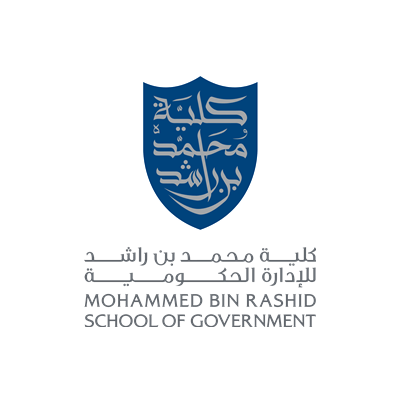The Arab region faces significant developmental challenges across various fronts, exacerbated by the socioeconomic shock of the COVID-19 pandemic. These challenges are particularly critical given the presence of violent conflicts, internal political turbulence, and the urgency of achieving the Sustainable Development Goals (SDGs).
The Arab Region SDG Index and Dashboard for 2022 offers a data-driven tool to assist governments and policymakers in assessing progress on the SDGs, highlighting implementation challenges and data gaps.
The report comprises 110 indicators covering the 17 SDGs, with scores and color codes to indicate performance, along with trend arrows for indicators with multiple years of data. Notably, the 2022 Arab Region Index introduces 29 unique indicators reflecting regional priorities.
The assessment finds diverse outcomes in sustainable development across the Arab region, with common challenges related to gender equality, decent work and economic growth, and sustainable food production systems. Key findings include:
- SDG 5 (Gender Equality) remains the most significant challenge, followed by SDG 2 (Zero Hunger) and SDG 8 (Decent Work and Economic Growth).
- Challenges persist in SDG 3 (Good Health and Well-being), SDG 6 (Clean Water and Sanitation), SDG 9 (Industry, Innovation, and Infrastructure), SDG 14 (Life Below Water), and SDG 16 (Peace, Justice, and Strong Institutions).
- Six countries have achieved two-thirds of the SDGs, with Jordan, Tunisia, UAE, Algeria, Morocco, and Oman leading the region. Still, the Arab region averages a score of 58.2 out of 100, indicating a need for increased collaborative efforts to meet the SDGs.
- Poor and conflict-affected countries face the highest risk of falling behind, with most Arab countries scoring ‘red’ in nearly half of the SDGs.
- Positive trends are observed in education, clean energy, and climate change, while 19 Arab countries have not yet achieved a single SDG.
- Data gaps remain, particularly in income and wealth distribution, clean energy, and income data, underscoring the need for more resources and data generation to enhance SDG performance tracking.
The report consists of five parts, analyzing the SDG Index and Dashboard results, climate action, country profiles, indicator results, and methodology. It offers valuable insights to support policy and decision-making aimed at advancing sustainable development in the Arab region.
Download Here
About the Author

This report has been prepared by independent experts of the Mohammed bin Rashid School of Government (MBRSG) and supported by the SDG Centre of Excellence for the Arab Region (SDGCAR) of the Anwar Gargash Diplomatic Academy (AGDA) and the UN Sustainable Development Solutions Network (SDSN) Secretariat.




